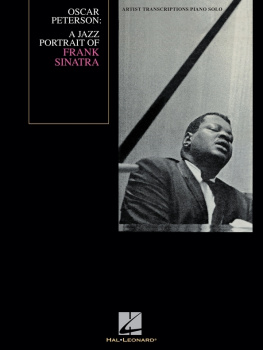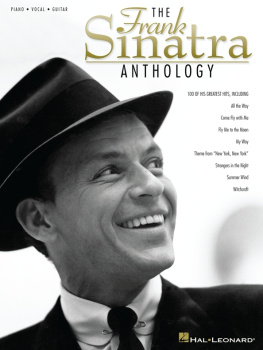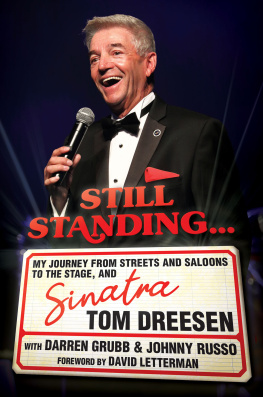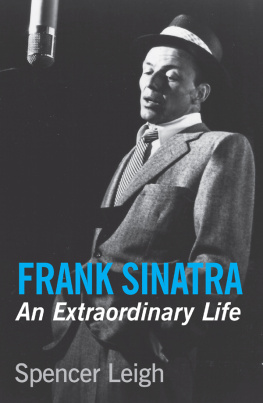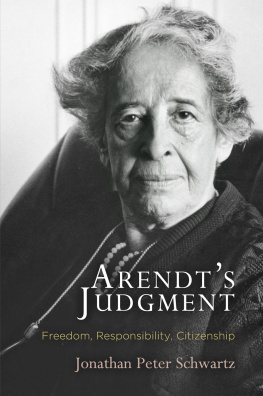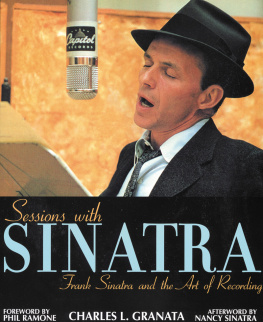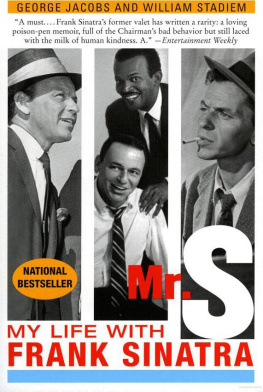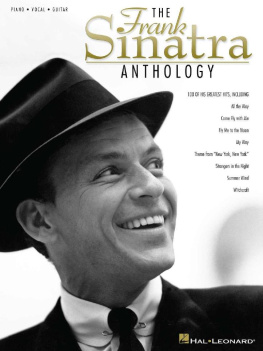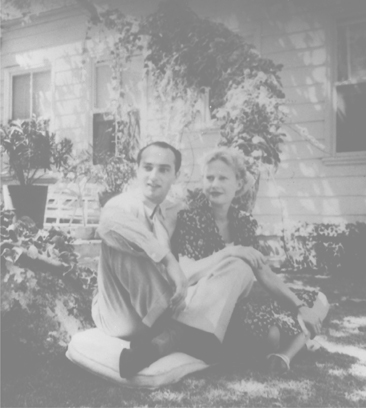Jonathan Schwartz - All in Good Time
Here you can read online Jonathan Schwartz - All in Good Time full text of the book (entire story) in english for free. Download pdf and epub, get meaning, cover and reviews about this ebook. year: 2009, publisher: Random House Publishing Group, genre: Non-fiction. Description of the work, (preface) as well as reviews are available. Best literature library LitArk.com created for fans of good reading and offers a wide selection of genres:
Romance novel
Science fiction
Adventure
Detective
Science
History
Home and family
Prose
Art
Politics
Computer
Non-fiction
Religion
Business
Children
Humor
Choose a favorite category and find really read worthwhile books. Enjoy immersion in the world of imagination, feel the emotions of the characters or learn something new for yourself, make an fascinating discovery.

- Book:All in Good Time
- Author:
- Publisher:Random House Publishing Group
- Genre:
- Year:2009
- Rating:4 / 5
- Favourites:Add to favourites
- Your mark:
All in Good Time: summary, description and annotation
We offer to read an annotation, description, summary or preface (depends on what the author of the book "All in Good Time" wrote himself). If you haven't found the necessary information about the book — write in the comments, we will try to find it.
Dancing in the Dark. Thats Entertainment. By Myself. You and the Night and the Music. They are part of the American Songbook, and were all composed by Arthur Schwartz, the elusive father at the center of his sons beautifully written book.
Imagine a childhood in which Judy Garland sings you lullabies, Jackie Robinson hits you fly balls, and yet youre lonely enough to sneak into the houses of Beverly Hills neighbors and hide behind curtains to watch real families at dinner.
At the age of nine, Jonathan Schwartz began broadcasting his fathers songs on a homemade radio station, and would eventually perform those songs, and others, as a pianist-singer in the saloons of London and Paris, meeting Frank Sinatra for the first time along the way. (His portrait of Sinatra is as affectionate and accurate as any written to date.)
Schwartzs love for a married woman caught up in the fervor of the sexual revolution of the 1960s, and his other relationships with both lovers and wives, surround his eventually successful career on New York radio.
The men and women who have roles to play include Richard Rodgers, Nelson Riddle, Carly Simon, Jimmy Van Heusen, Bennett Cerf, Elizabeth Taylor, and, of course, Sinatra himself.
Schwartz writes of the start of FM radio, the inception of the LP, and the constantly changing flavors of popular music, while revealing the darker corners of his own history.
Most of all, Jonathan Schwartz embraces the legacy his father left him: a passion for music, honored with both pride and sorrow.
Jonathan Schwartz: author's other books
Who wrote All in Good Time? Find out the surname, the name of the author of the book and a list of all author's works by series.


